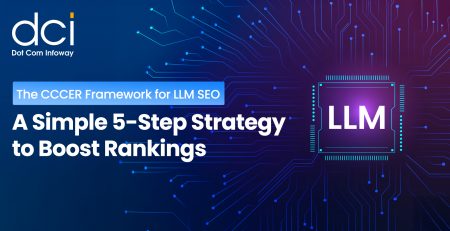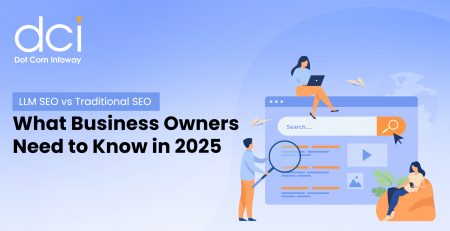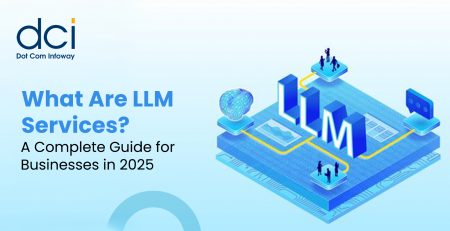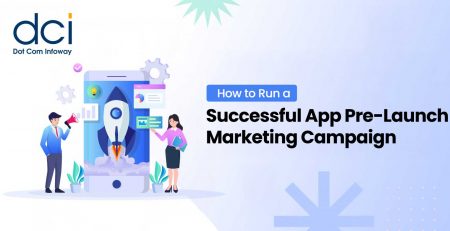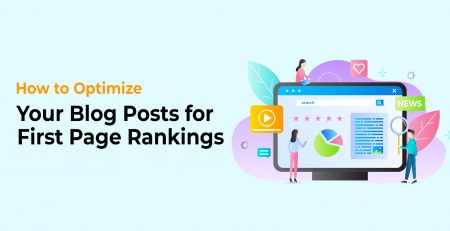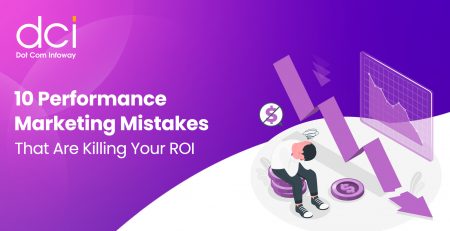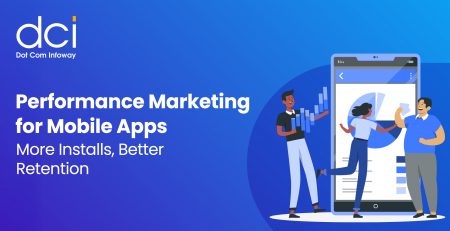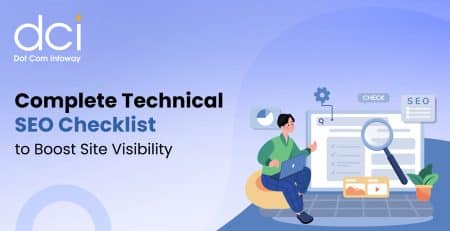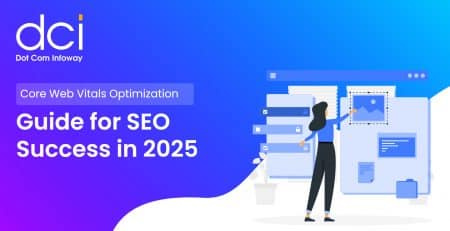How Artificial Intelligence Can Solve Your Business’s Top 5 Challenges
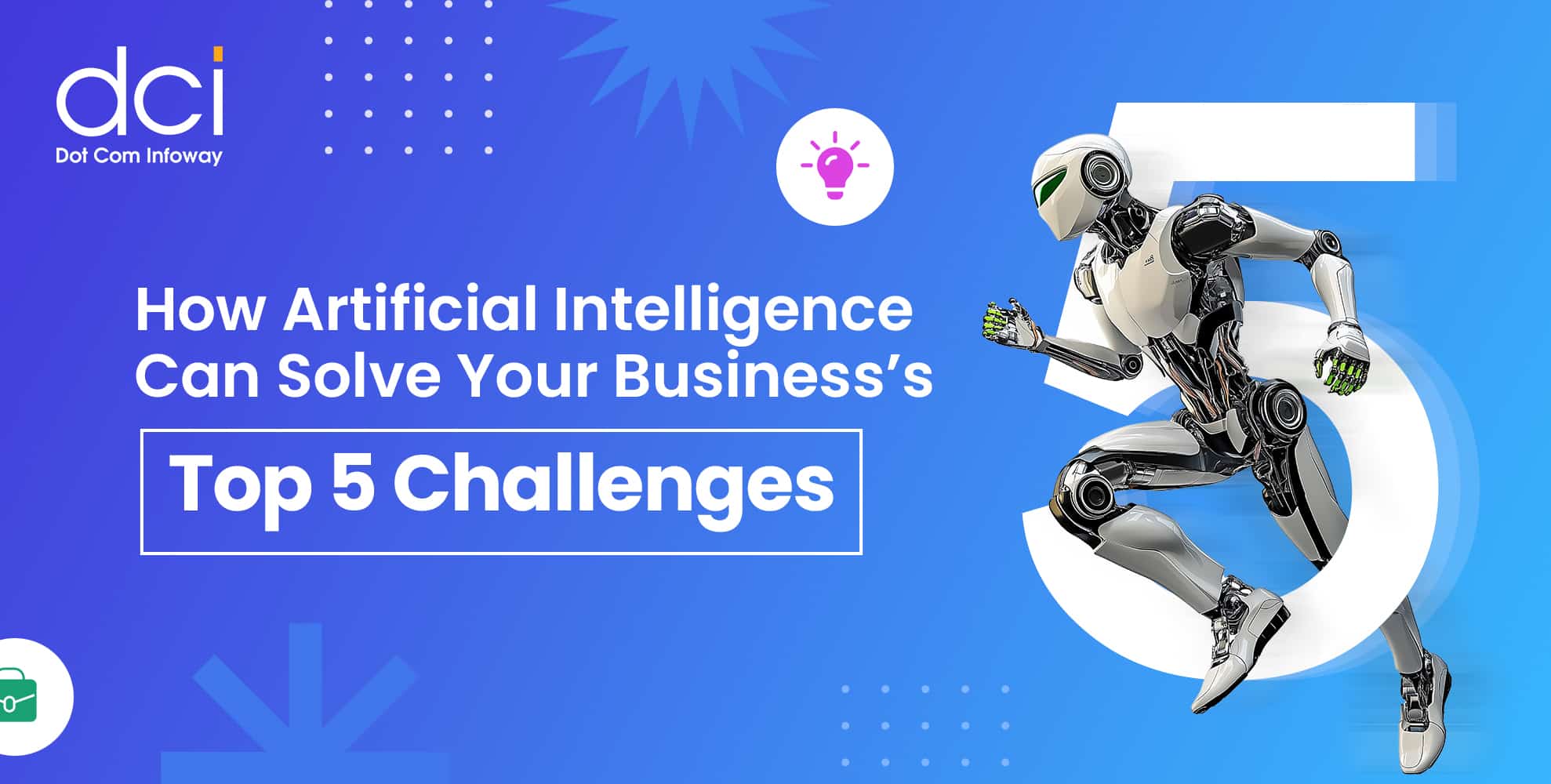
Enhancing Operational Efficiency with AI Automation
Inefficiencies slow businesses down. Redundant tasks, human errors, and slow processes reduce productivity. AI automation eliminates these issues. It streamlines workflows, reduces manual effort, and improves accuracy. AI tools analyze large data sets in real-time, identifying patterns humans might miss. Robotic Process Automation (RPA) handles repetitive tasks like data entry, invoicing, and scheduling. As a result, businesses using AI automation see higher productivity and lower costs. AI also reduces turnaround times, allowing teams to focus on strategic initiatives. This transformation leads to a more agile and responsive organization.
Improving Customer Experience with AI-Powered Personalization
Customers expect personalized interactions. AI helps businesses understand them better. Advanced data analytics and machine learning track behaviors and preferences. With Artificial intelligence, companies can create tailored recommendations, marketing campaigns, and customer service interactions. AI chatbots provide instant responses, improving satisfaction while lowering support costs. Sentiment analysis tools detect customer emotions, helping businesses refine strategies. Companies like Netflix and Amazon use AI to deliver highly personalized experiences. This approach boosts engagement, loyalty, and revenue. AI also enables businesses to predict customer needs before they arise, enhancing proactive service. Ultimately, AI-driven personalization fosters stronger relationships with customers.
Strengthening Decision-Making with AI-Driven Insights
Making the right business decisions is critical. However, analyzing vast amounts of data can be overwhelming. AI processes large datasets quickly, identifying trends and predicting outcomes. AI-powered analytics tools provide real-time insights. Dashboards highlight key performance indicators, enabling faster decisions. Predictive analytics helps with demand forecasting, pricing, and risk management. Financial institutions use AI to detect fraud and optimize investments. Businesses using AI for decision-making gain a competitive edge. AI-driven insights minimize errors, leading to more accurate and reliable conclusions. Additionally, AI continuously learns and improves, ensuring better predictions over time.
Boosting Cybersecurity and Fraud Detection
Cybersecurity threats are increasing. Businesses risk losing data and money due to cyberattacks. AI enhances security by detecting threats in real time. Machine learning algorithms monitor network behavior and identify anomalies. AI-powered fraud detection prevents unauthorized transactions. The banking and e-commerce sectors rely on AI to protect customer data. Since AI adapts to new threats, businesses stay secure. Artificial intelligence also strengthens identity verification, reducing the risk of impersonation and data breaches. Proactive AI security measures help businesses stay ahead of cybercriminals and protect sensitive information.
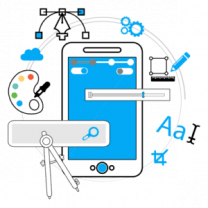
Ready to boost your website’s rankings and online visibility?
Discover how our expert SEO services can resolve ranking issues, drive traffic, and elevate your website’s performance to the next level!
Optimizing Marketing Strategies with AI-Driven Insights
Traditional marketing often relies on intuition. AI makes it data-driven. AI-powered tools analyze consumer behavior and predict trends. AI automates ad targeting, email personalization, and social media analysis. Chatbots engage with potential customers, improving lead generation. AI-driven A/B testing refines marketing strategies. Businesses using AI in marketing gain deeper insights and higher returns. AI also helps brands create hyper-personalized advertising campaigns, increasing engagement. Additionally, AI improves customer segmentation, ensuring targeted outreach to the right audience.
Revolutionizing Human Resources with AI-Powered Talent Management
Hiring the right talent is challenging. Traditional recruitment is slow and inefficient. AI streamlines HR tasks. AI-powered Applicant Tracking Systems (ATS) scan resumes and match candidates with job openings. Chatbots assist with initial screenings and scheduling. Workforce analytics track employee engagement and predict attrition risks. AI helps businesses build stronger teams while reducing hiring biases. AI also improves employee training by identifying skill gaps and recommending development programs. Moreover, AI enhances performance management by providing real-time feedback and insights.
Reducing Costs and Increasing Profitability with Artificial Intelligence Optimization
Maximizing profitability is a priority. Inefficiencies and waste impact the bottom line. AI improves resource allocation and cost management. Predictive maintenance reduces equipment downtime, saving businesses millions. AI optimizes supply chains by forecasting demand and managing inventory. E-commerce companies use AI-driven pricing to adjust rates based on market trends. Businesses leveraging AI cut costs and boost profitability. AI also identifies areas of financial leakage, helping companies make informed budget adjustments. Furthermore, AI enhances operational agility, allowing businesses to adapt quickly to market changes.
Conclusion
AI is no longer a futuristic concept. It is a necessity for businesses aiming to stay competitive. AI improves efficiency, personalizes customer experiences, enhances decision-making, strengthens security, and optimizes marketing. It also transforms HR and helps businesses cut costs. Companies adopting AI today will not only solve their biggest challenges but also secure long-term success. AI unlocks new levels of productivity, innovation, and customer satisfaction. Businesses that embrace AI will lead the future. The sooner businesses integrate AI, the greater their chances of success. Embracing AI now ensures resilience in an ever-changing market.

